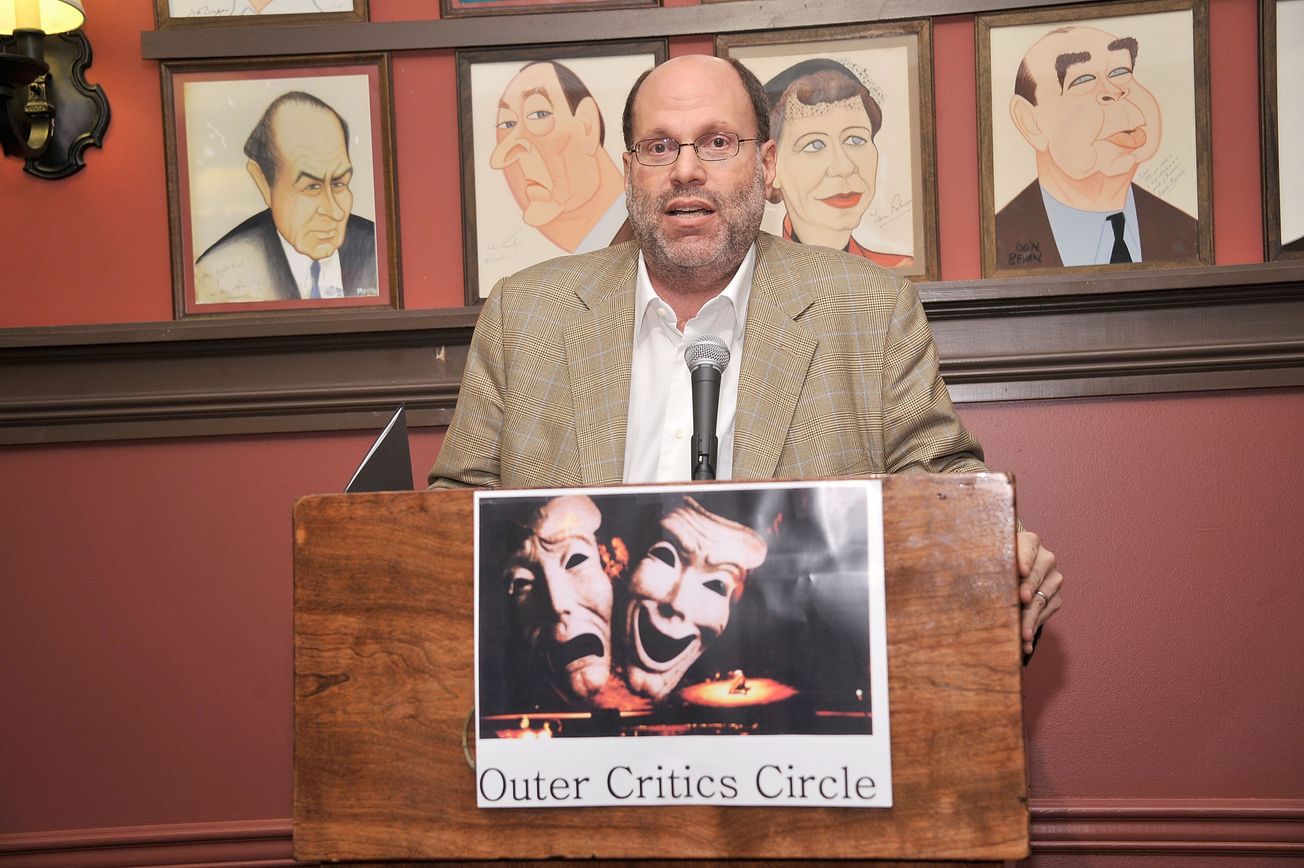Scott Rudin’s production of “To Kill a Mockingbird” has to prove that it is in trouble.
In a declaration filed with the Southern District Court of New York Monday, Joey Parnes, executive producer and general manager of the upcoming Broadway play “To Kill a Mockingbird,” laid out the case to speed up judgement in the lawsuit filed by Scott Rudin’s production company against the estate of Harper Lee.
This suit is in response to the suit filed in Alabama in March by Tonja B. Carter, executor of Lee’s estate, which claimed that the script of the upcoming Broadway play, written by Aaron Sorkin, took too many liberties with its central characters, including Atticus Finch and Jem Finch, and thus departed from the source material and an agreement he had made with Lee.
Rudin’s company has contended that Lee had approved the use of Sorkin as a playwright and thus knew that he would not be following the novel word for word.
Parnes’ declaration comes as the court has required Rudin’s company to submit evidence showing that the play will be canceled, as he claimed in his suit, if the case is not resolved in a timely manner. Rudin’s production company is seeking a declaratory judgement in the case, as well as expedited judgement and discovery.
To begin, Parnes said in the declaration that the play is struggling to raise the approximately $7 million capitalization it would need for Broadway. The goal was to raise the majority of the capitalization by July.
“It is nearly impossible to raise the necessary $7 million capitalization while there is pending litigation concerning the underlying rights to the Novel, as reliable investors are not willing to invest when there is such uncertainty,” the declaration reads.
Additionally, Parnes writes that there is the possibility of the play losing its theater and its already cast actors.
“Rudinplay has a commitment from a Broadway theater owner to provide a theater for the Play. The theater owner will withdraw the commitment if we cannot confirm, within a very short period of time, that the Play proceed,” he wrote.
He added that all 41 Broadway theaters are booked or committed for 2018.
In addition to issues raising money, Parnes said the on-sale ticket date, which would normally be at the beginning of May, has to be pushed back.
“Unfortunately, due to the pending litigation, we will be unable to commence ticket sales according to the usual schedule,” Parnes said.
Rudin did not immediately respond to a request for comment.
Rudin is pushing to get the suit filed in Alabama dismissed, meaning that the issue would be decided in New York. He has also proposed staging the play, using “as much of its Broadway cast as possible,” in a courtroom to show that it has not substantially deviated from the novel.
Thus far there have been two readings of the play, as well as a developmental lab, which took place in January 2018 and included two presentations, according to the declaration from Parnes.
These steps, in addition to the retainment of Bartlett Sher and Sorkin as well as the casting of the show, including Jeff Daniels as Atticus Finch, have “incurred significant expenses” for Rudin, Parnes writes.
Rehearsals are scheduled to begin in September before a scheduled first performance on Nov. 1, 2018 and an opening night on Dec. 13, 2018.


























































